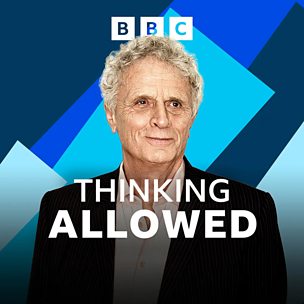Thinking Allowed - Citizenship Ceremonies; Family Ties and Genetics
Download Citizenship Ceremonies; Family Ties and Genetics
Making citizens: how countries make public rituals out of endowing new citizens with citizenship. Laurie Taylor talks to Bridget Byrne, Senior Lecturer in Sociology at the University of Manchester, about her in-depth comparative study of citizenship ceremonies. In a mobile, transnational world passports and rights matter now more than ever. So how do states draw and establish the boundaries of citizenship? Using empirical research in the UK, the United States, Canada, Australia, the Netherlands, and Ireland, Dr Byrne roots contemporary concepts of national belonging in colonial history.
Family ties in genes and stories: Janice McLaughlin, Professor of Sociology at Newcastle University, discusses her study of families referred to a paediatric genetic service. An increasing number of children are referred for genetic investigation due to physical & learning difficulties. This study found that the clinical discussions which ensue bring family histories to the fore in surprising and unpredictable ways. Sociologists have long recognised the importance of narrative to forming and maintaining family ties. But how are such stories altered as a result of geneticists' involvement in family relations? Which stories can and can't be told?
Producer: Jayne Egerton.
Published on Wednesday, 1st April 2015.
Available Podcasts from Thinking Allowed
We are not the BBC, we only list available podcasts. To find out more about the programme including episodes available on BBC iPlayer, go to the Thinking Allowed webpage.
